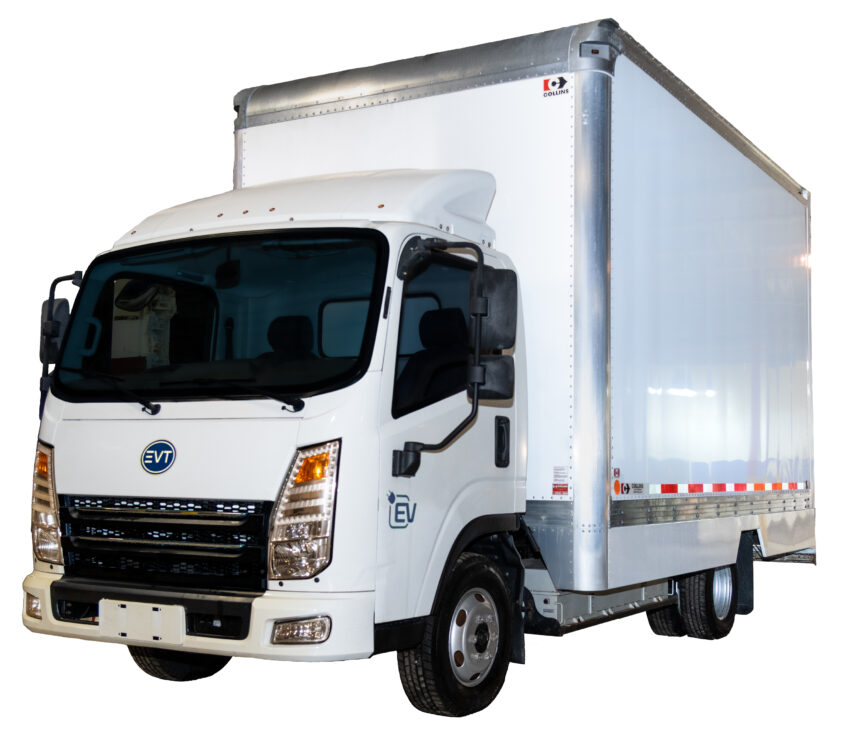Food logistics and delivery fleets are rapidly adopting electric vehicles (EVs) to reduce costs and align with sustainability goals. EVs offer substantial operational savings due to lower fuel and maintenance costs, thanks to fewer moving parts and no combustion engine. Their quiet operation also benefits densely populated urban areas.
Major industry players, such as Amazon, are investing heavily in EV fleets, deploying thousands of electric delivery vehicles and adding electric heavy-duty trucks. Other logistics companies are integrating EVs and renewable technologies to enhance efficiency and reduce emissions.
Electric vans, trucks, and specialty vehicles are increasingly used to transport food safely and efficiently. These vehicles support diverse needs, from last-mile deliveries to mobile food service, offering flexibility and performance for urban and rural routes.
Financial incentives from state and federal programs are accelerating EV adoption. Notable initiatives include California’s Hybrid and Zero-Emission Truck and Bus Voucher Incentive Project (HVIP), offering rebates up to $240,000, and New Jersey’s Zero Emission Incentive Program (NJ ZIP), providing up to $175,000 per vehicle. Other states like Texas, New York, and Colorado also offer rebates.
Envirotech Vehicles (NASDAQ: EVTV), a U.S.-based EV manufacturer, is capitalizing on this trend. The company offers purpose-built electric delivery vehicles with lightweight, recyclable aluminum bodies, enhancing range and performance. Envirotech recently expanded its New Jersey service center to support growing demand from NJ ZIP customers.
Their offerings include compact vans for last-mile delivery, urban trucks for city use, and specialty vehicles like refrigerated trucks and mobile kitchens. These EVs commonly feature regenerative braking and ranges of up to 150 miles per charge, exceeding the daily requirements for most delivery routes.
As charging infrastructure expands, EV adoption continues to grow, supported by manufacturer readiness, government incentives, and clear operational advantages. The shift to electric fleets presents a strategic opportunity for food logistics companies seeking cost savings, environmental benefits, and modern delivery solutions.
Want to know how electric fleets can cut costs and emissions for your business? Read the full article to explore the benefits, incentives, and technology driving the future of food delivery.
For more information, visit https://evtvusa.com/, email merrick@evtvusa.com, or call (870) 970-3355.

